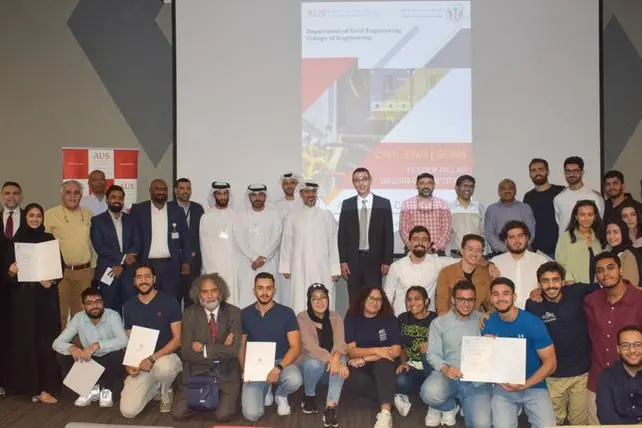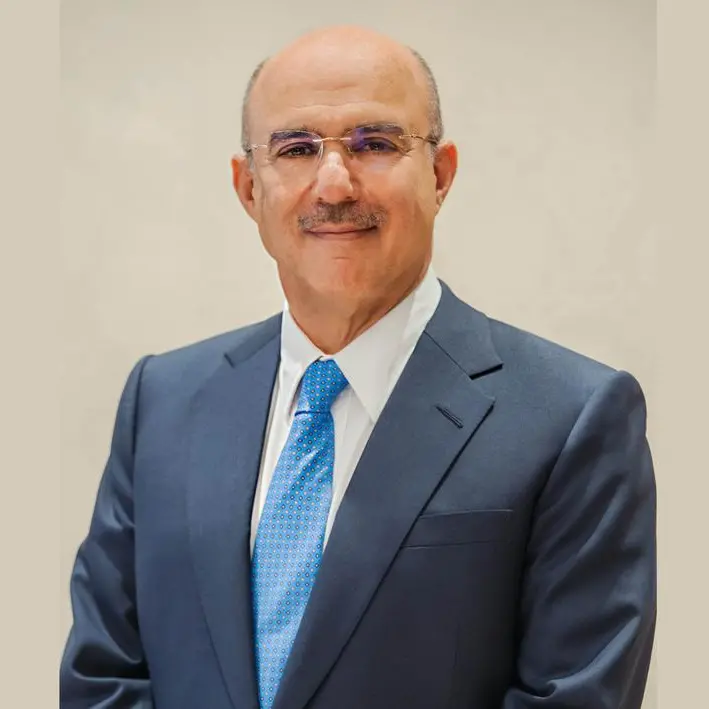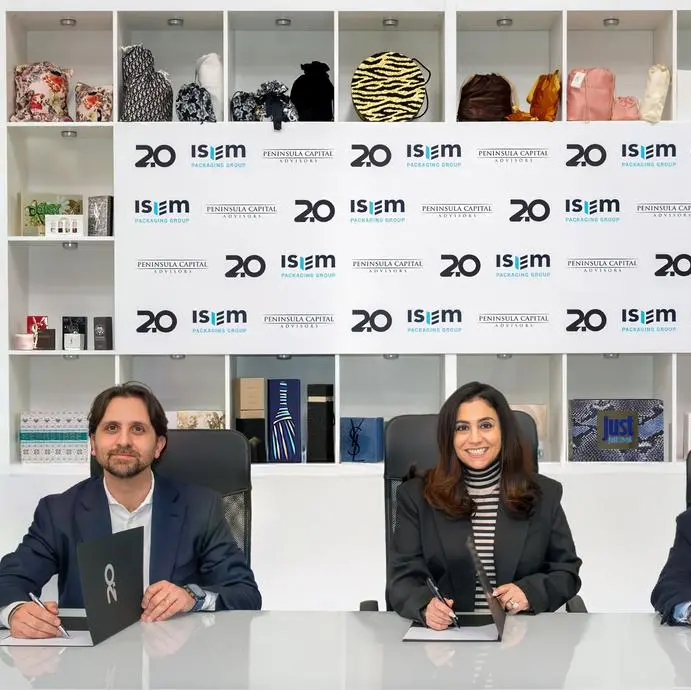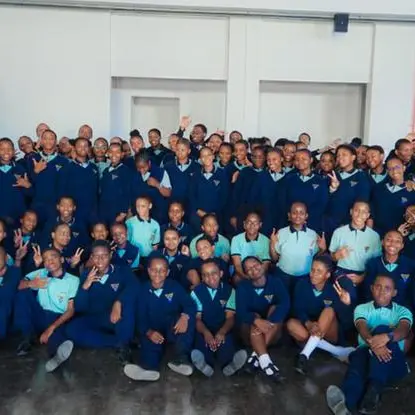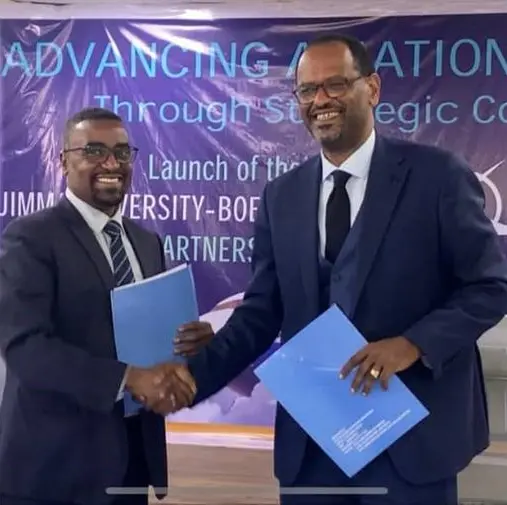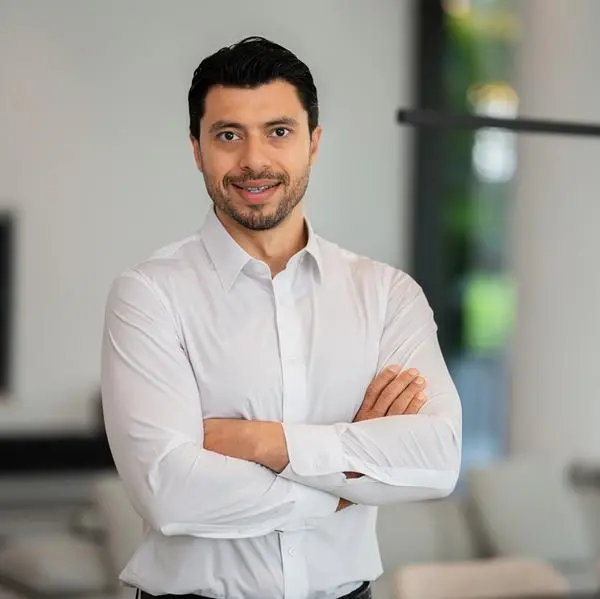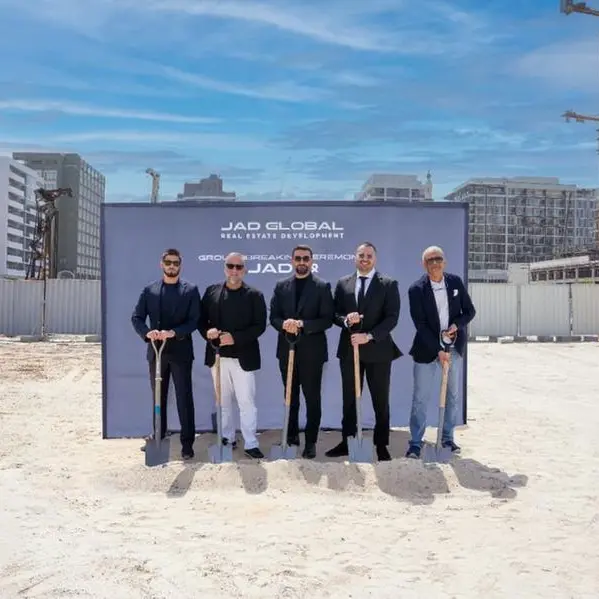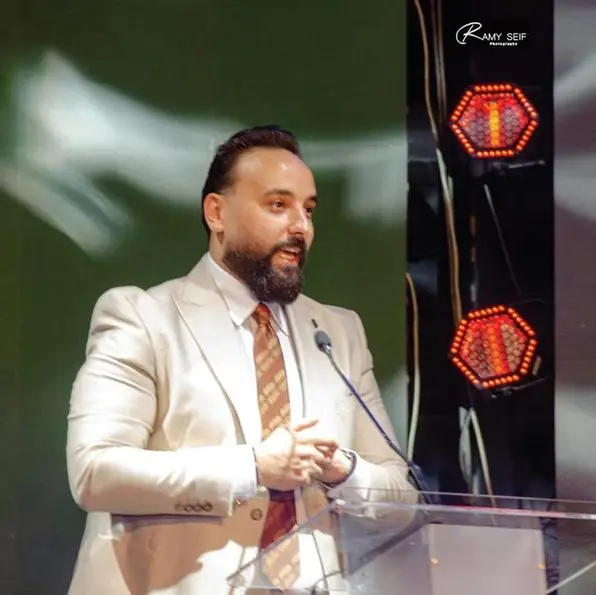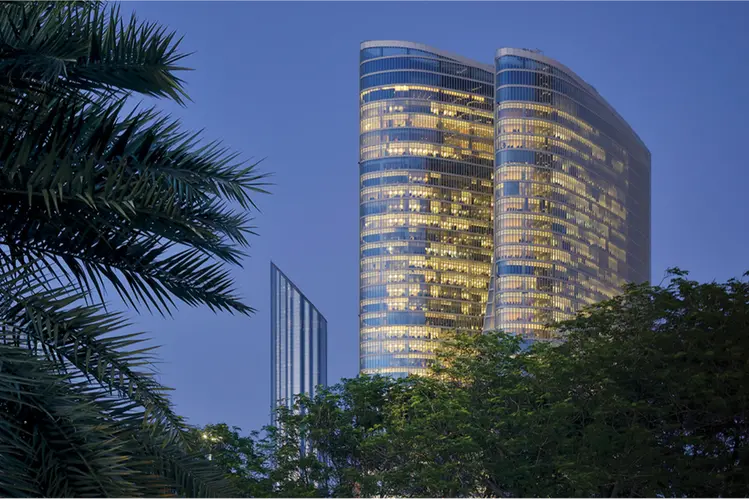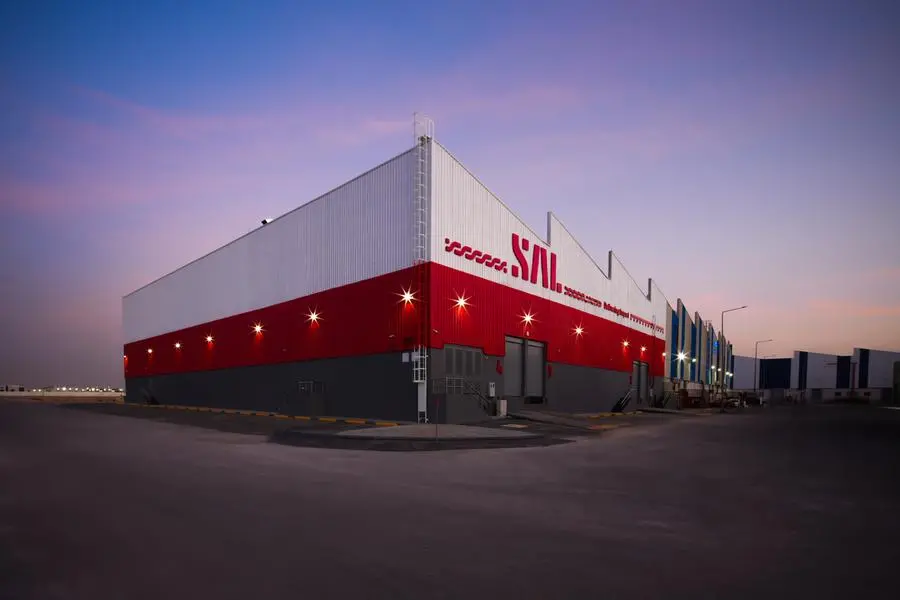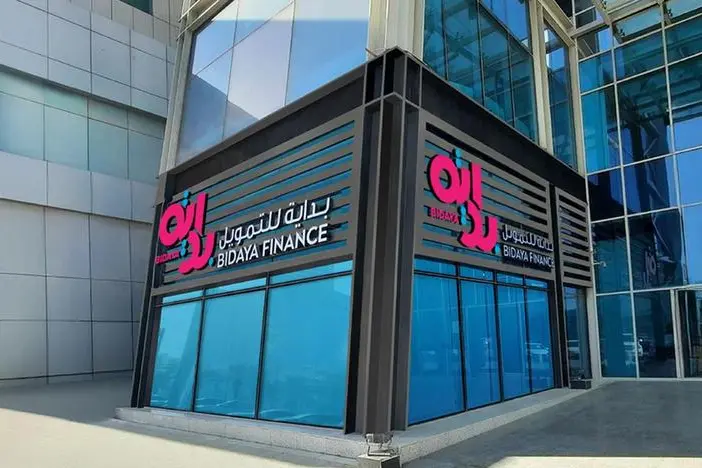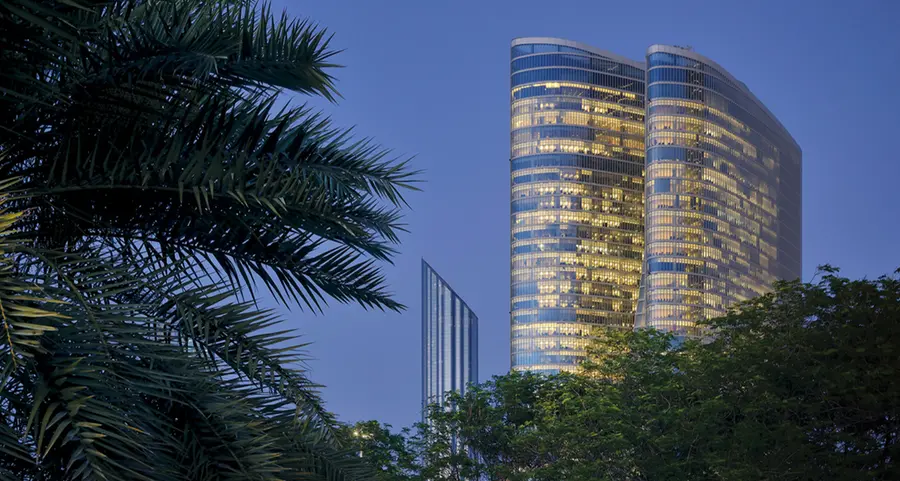PHOTO
Sharjah, UAE – As part of a long-standing collaboration between the American University of Sharjah (AUS) College of Engineering (CEN) and the Sharjah Electricity and Water Authority (SEWA), AUS hosted an exciting civil engineering design competition for students and an interactive workshop on the challenges and role of advanced technologies in electrical engineering.
In the competition, three student teams were declared winners for developing a new and innovative
design for a six-way, fully functioning and aesthetically pleasing electric feeder pillar, also known as a power box distribution pillar or cabinet used to house electrical equipment. Chaired by Dr. Mohammad AlHamaydeh, Professor in Civil Engineering at AUS, the competition saw the participation of 28 students divided into six teams who worked for a month to complete their projects. The participating teams were multidisciplinary, including undergraduate students majoring in civil engineering and architecture, and graduate students from the Master of Science in Civil Engineering and the Master of Science in Construction Management programs. The judging panel included SEWA representatives Dr. Hassan Alzarooni, Manager of the Electricity Distribution Department, and Fatima Hussein, Section Manager of the Resources Planning and Development Section.
“This new competition challenged students to apply their knowledge in solving an engineering problem and sharpened their teamwork and leadership skills. The student work exhibited creative designs that showcased the students’ excellent academic preparation and potential. We are grateful to SEWA for sponsoring this competition. The Department of Civil Engineering and SEWA have a long history of collaboration on several research and training projects, and this student competition is the latest in our collaborative efforts,” said Dr. Sameh El-Sayegh, Professor and Head of the Department of Civil Engineering at the College of Engineering.
Winning first place were undergraduate architecture students Marwah Elgzeary and Nada Barwaqi, and undergraduate civil engineering majors Alwalid Abdulmalek Baghdadi and Ali Raed Al Fakhouri. The team won 20,000 AED.
“The design of our project celebrated the origins of the United Arab Emirates. The sand dunes and majestic Arabic calligraphy celebrate the past and the future. The feeder pillar is now an architectural figure that symbolizes the future. During the design phase, I sat down with my architecture partner Nada Barqawi to make design decisions, and produce different iterations of the surface, roof and calligraphy to turn them into reality. Coordinating with my civil engineering teammates, Al Walid Baghdadi and Ali Al Fakhouri, was wonderful. We were always supportive of each other, and we complemented one another. Throughout this collaboration, we learned about interesting civil engineering concepts such as sustainability, durability and resistance,” said Elgzeary.
Coming in second place were undergraduate civil engineering students Mohamed Sherif, Marwan Adel Al Sabagh, Lilian Firas Alawar and Lara Omar Dhin, and graduate civil engineering student Khaled Reda Elkersh. The team won 10,000 AED.
“I learned more about communication, teamwork and how to think outside the box. Winning second place was great, especially since this was the first civil engineering competition I participated in and won. It strengthened my and my team’s self-esteem for sure. I could not thank my team enough for their support,” said Sherif.
Winning third place were undergraduate civil engineering students Ziad Ahmed, Ismail AlGhussein and Salama Alteneiji, and graduate civil engineering student Ahlam Khaldoune. The team won 5,000 AED.
“This project taught me that engineers don’t work in isolation, as we deal with people from all walks of specialities and we complement one another. I’m very happy and pleased to win third place, and the win emphasized that nothing is impossible,” said Khaldoune.
In the workshop, the AUS Department of Electrical Engineering highlighted the challenges and future of advanced technologies in the fields of generation, transmission and distribution for electricity, and water and gas networks.
The workshop featured discussions on future challenges and innovative projects by Eng. Mayyada Al Bardan, Manager of the Research and Study Department at SEWA, and Hamda Ahmed, Head of the Creativity and Innovation Office at SEWA.
Representatives of renowned SEWA industrial and technology partner Diehl Metering presented sustainability solutions and state-of-the-art metering infrastructure. Jairo Rojas, Vice President of Sales Middle East and Africa, and Maya Ayoub, Regional Sales and Business Development Manager, discussed sustainability, non-revenue water and smart metering solutions.
From AUS, Dr. Mostafa F. Shaaban, Associate Professor and Interim Head of the Department of Electrical Engineering, and Dr. Akmal Abdelfatah, Professor in Civil Engineering, presented two multidisciplinary research projects: “Electric Vehicles Charging Infrastructure in UAE: Planning and Operation” and “Water-Energy Nexus in UAE.”
“It was a pleasure and an honor to have SEWA and Diehl Metering teams at AUS. The workshop was a success, seeing faculty and students engaging in the talks and presentations. We believe that research collaboration between SEWA and AUS is further enforced through these events,” said Dr. Shaaban.
The workshop also featured a student video competition on the topic of water, electricity and gas sustainability. Several multidisciplinary national and international teams participated in the competition from AUS, the University of Waterloo and the German University in Cairo.
Placing first in the undergraduate student category were AUS chemical engineering students Teeba Allawi, Fatma Hammoud, Maha Al Khamiri and Humaid Al Ali for their project “Treatment and Recycling of Spent Lithium-Based Batteries.” The research was supervised by Dr. Sameer Al-Asheh, Professor and Head of the Department of Chemical and Biological Engineering, and Dr. Ahmed Aidan, Senior Laboratory Instructor at AUS.
Coming first in the graduate student category was electrical engineering student Mennatalla Elbalki for the project “Optimal Operation of a Micro Water-Energy Nexus System.” The research was supervised by Dr. Shaaban and Dr. Ahmed Osman, Professor in Electrical Engineering at AUS.
The QS World University Subject Rankings (2022) has ranked AUS number one in the UAE and among the top 150 universities globally for civil and structural engineering; among the top two (tied) in the UAE and top 300 universities globally for electrical, electronic, mechanical, aeronautical and manufacturing engineering; among the top two (tied) in the UAE and top 350 universities globally for chemical engineering; and among the top three in the UAE and top 500 universities globally for computer science and information.
For more information about the AUS College of Engineering, visit w.aus.edu/cen.
-Ends-
For more information, please contact:
Nurhan Abdulaziz, Content Manager, Office of Strategic Communications and Marketing at AUS, nabdulaziz@aus.edu.
About AUS
American University of Sharjah (AUS) was founded in 1997 by His Highness Sheikh Dr. Sultan bin Mohammed AlQasimi, Member of the Supreme Council of the United Arab Emirates and Ruler of Sharjah. Sheikh Sultan articulated his vision of a distinctive institution against the backdrop of Islamic history and in the context of the aspirations and needs of contemporary society in the UAE and the Gulf region.
Firmly grounded in principles of meritocracy and with a strong reputation for academic excellence, AUS has come to represent the very best in teaching and research, accredited internationally and recognized by employers the world over for creating graduates equipped with the knowledge, skills and drive to lead in the 21st century.
AUS values learners not driven only by academic success, but by those that embrace our dynamic campus life and embody our ideals of openness, tolerance and respect. This combination of academic excellence and community spirit ensures AUS is filled with world-class faculty and students, poised to become the innovators, thinkers, contributors and leaders of tomorrow.
About AUS’ Silver Jubilee
Celebrating 25 years of excellence, AUS is ranked among the top 10 universities in the Arab world, acclaimed for its academic excellence, multicultural environment and outstanding facilities.
Since 1997, AUS has been nurturing and equipping students to become award-winning architects, designers, scientists, journalists, engineers, innovators, researchers, successful entrepreneurs–and even leaders of the UAE’s space program.
AUS offers 28 undergraduate majors and 45 minors, 15 master’s degrees and four PhD programs in the areas of architecture, design, humanities, science, engineering and business. Formed on the American liberal arts model, all classes are conducted in English.
Students apply their learning through internships, research, conferences, competitions and professional collaborations.
AUS graduates consistently secure roles with leading regional and international employers, and many pursue graduate studies at the world’s top institutions.
Since 1997, AUS has been nurturing and equipping students to become award-winning architects, designers, scientists, journalists, engineers, innovators, researchers, successful entrepreneurs–and even leaders of the UAE’s space program.
AUS offers 28 undergraduate majors and 45 minors, 15 master’s degrees and 3 PhD programs in the areas of architecture, design, humanities, science, engineering and business. Formed on the American liberal arts model, all classes are conducted in English.
Students apply their learning through internships, research, conferences, competitions and professional collaborations.
AUS graduates consistently secure roles with leading regional and international employers, and many pursue graduate studies at the world’s top institutions.
